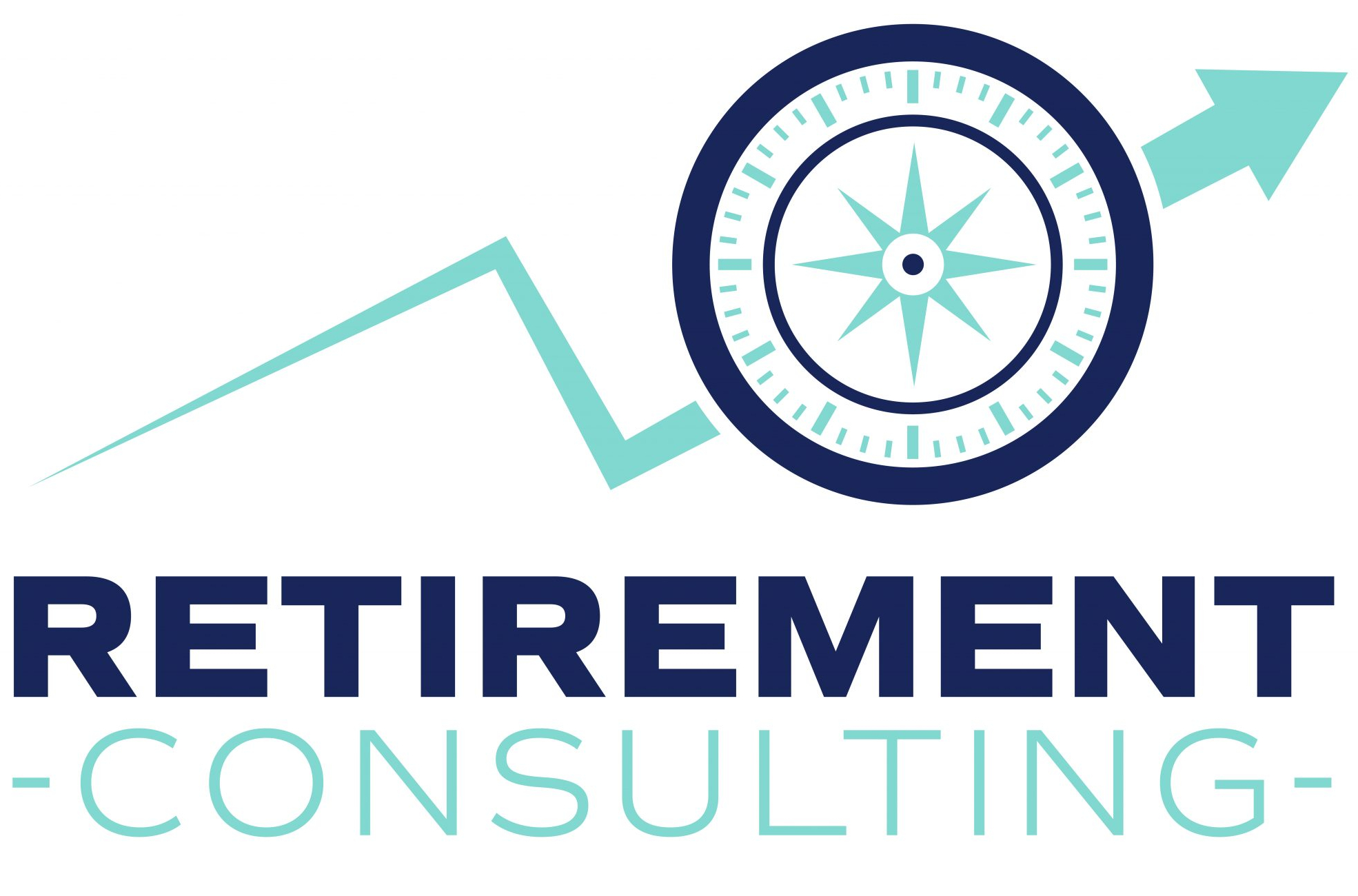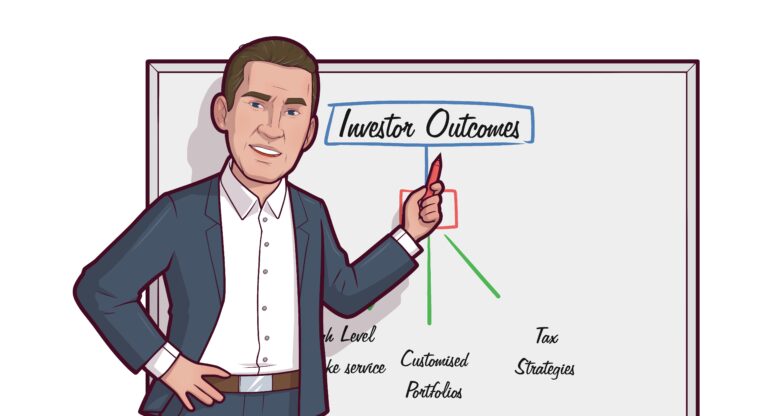Here’s a quick, plain-English summary of the main regulations and laws the returned Albanese Labor government is proposing for the new term. (Remember: these are just proposals for now-they’re not law yet. So, don’t go making big plans until Parliament passes the relevant legislation.)
Superannuation
- Division 296 Tax: If your super balance is over $3 million, the government wants to hit the earnings on assets above that with an extra 15% tax, starting 1 July 2025. But the law still needs to be passed, and time is tight before the proposed start date!
- What will this mean for superfund members?: If you had a $4,000,000 personal balance, and $2,000,000 of that was in ‘pension mode’, then effectively you are currently paying a 15% tax on the earnings of $2,000,000 of your fund. That means an average tax rate of 7.5%. If the proposed DIV296 tax becomes law, the earnings on the assets above $3,000,000 would be subject to an extra 15% tax on top. So, let’s say your return was 7.5% overall for the year. The first $2,000,000 of your assets are generating what is called, Exempt Current Pension income and is taxed at zero. The next $1,000,000 of your asset earnings $75,000 is taxed at 15% ($75,000 * 15% = $11,250). Then the earnings on the top $1,000,000 part of your account ($75,000) is taxed at 30% ($75,000 * 30% = $22,500) The outcome in this particular scenario is that there is a total tax of $33,750 on income of $300,000 which means an average tax rate of 11.25%. This tax rate is still much lower than any other corporate tax rate.
- Who is most impacted?: The biggest impact is on funds with very large single asset holdings. IE; farms as the only asset in a superfund. Also impacted are younger investors who cannot pull money out of super (like over 65’s) and who have a fast growing private business asset in the fund. They may find themselves in a situation where they don’t have the liquidity to pay this new tax on what is an unrealized profit.
- Bad Precedent: For average accounts this tax will have no impact. However, the bad precedent that is set is the taxing of un-realised profits. With the exception of gains in Controlled Foreign Companies based in tax havens, this has never happened before in Australia. Pessimists are asking what is next? Investment property gains? The family home? Who knows.
Taxation
- $1,000 Instant Tax Deduction: From 1 July 2026, you could claim up to $1,000 in work-related expenses-no receipts needed. If you want to claim more, you’ll still need the paperwork. Only applies to “labour income” (not business or investment income).
- $20,000 Small Business Instant Asset Write-Off: Small businesses (turnover under $10 million) can immediately deduct the cost of assets under $20,000 until 30 June 2026. Buy something shiny for the business? Write it off (as long as it’s under the threshold).
Student Loans
- Student Loans Slashed by 20%: From 1 June 2025, the government wants to give student debt a haircut-20% off the top before indexation. So, if you owe $27,600, you’ll save about $5,520. It’s like a government sale, but for your HECS-HELP balance. (No coupon code required.)
- Reduced Repayment Obligations: The minimum income before you start repaying your student loan will jump to $67,000 (from $54,435). Plus, repayments will only be calculated on income above that threshold, so you’ll keep more of your pay.
Support for Homebuyers
- Expanded ‘Help to Buy’ Program: More people can access shared equity help from the government, with higher income and property caps. The government chips in up to 30% (existing homes) or 40% (new homes) of the price. Only 10,000 spots per year, so get in quick.
- First Home Guarantee Scheme: Now open to all first home buyers with at least a 5% deposit-no more income limits. The government guarantees up to 15% to avoid Lenders Mortgage Insurance. Higher property price caps too.
- Ban on Foreign Buyers: For two years from 1 April 2025, foreign buyers (including temporary residents) can’t buy existing homes.
Energy & Cost of Living
- Solar Battery Subsidy: Households, small businesses, and community facilities can get a 30% subsidy (about $4,000) for installing a solar battery from 1 July 2025.
- Energy Bill Relief: A $150 rebate (split over two quarters) will be available from July to December 2025 for eligible households and small businesses.
- Cheaper PBS Medicines: From 1 January 2026, non-concession card holders will pay a maximum of $25 for PBS medicines (down from $31.60). Once you hit the Safety Net, it drops to $7.70.
- Increased GP Bulk Billing: From 1 November 2025, bulk billing incentives will be expanded to all Australians. If your GP bulk bills every visit, they’ll get a new incentive.
In Summary:
A raft of changes is on the table; from super tax changes and instant tax deductions to student loan discounts and homebuyer help. Just remember, these are still proposals. Parliament has to pass them first. Until then, keep calm and carry on (and maybe don’t spend your student loan savings just yet).

